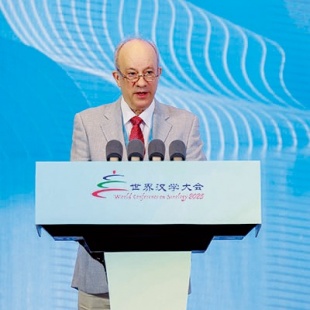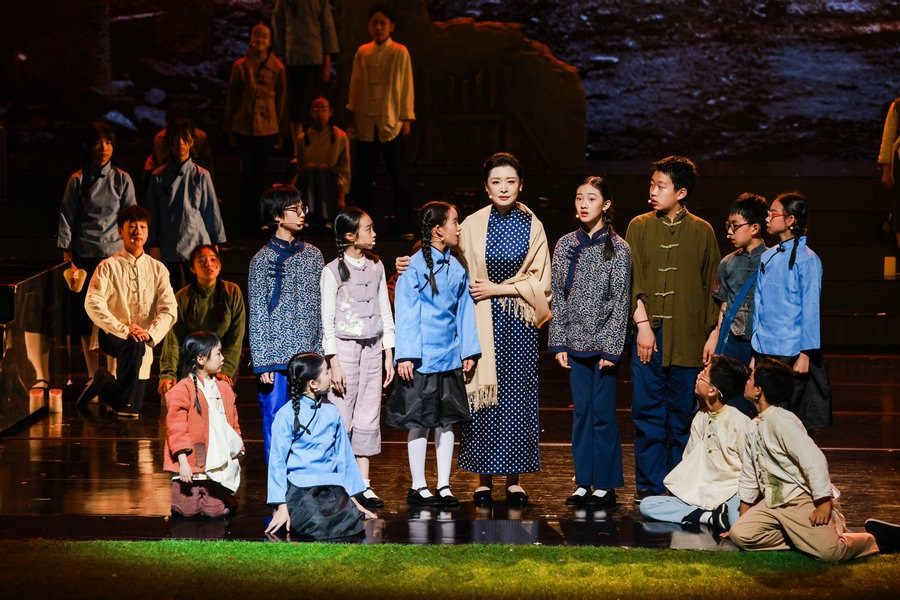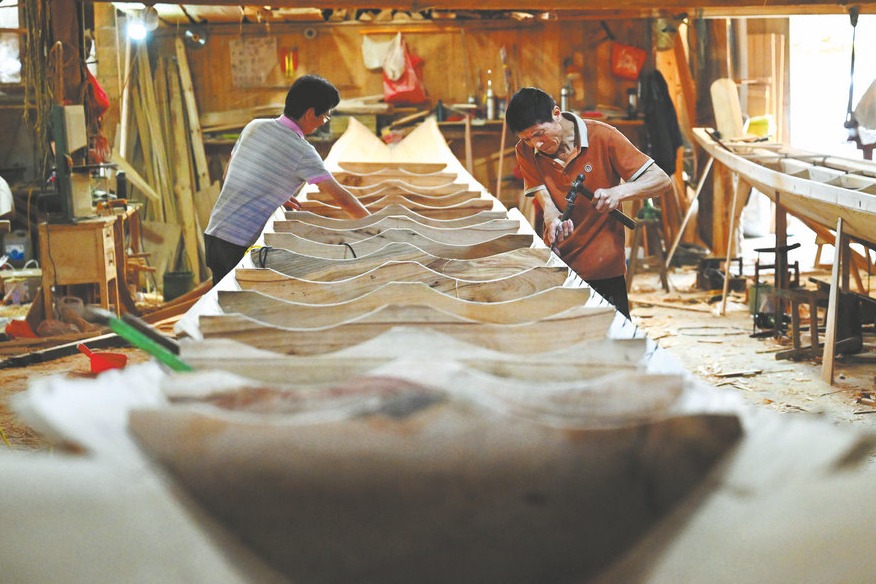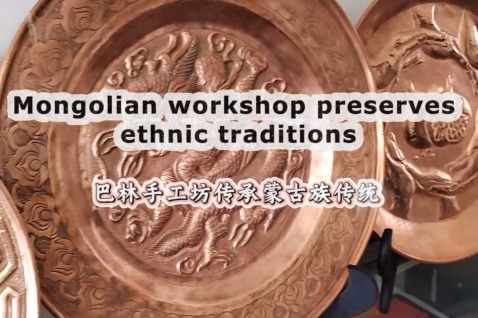Sinology conference looks to the future

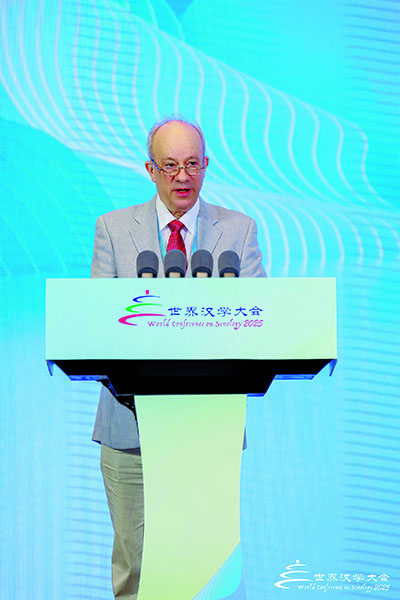
The contributions of digital technology to in-depth dialogue on Chinese wisdom and the exchanges of cultures are topics of discussion at the ninth World Conference on Sinology, which opened in Shenzhen, South China's Guangdong province, on Friday.
The two-day event, which concluded on Saturday, was under the theme of Understanding China: Sinology in the Age of Artificial Intelligence.
It is jointly hosted by the Ministry of Education's Center for Language Education and Cooperation and Renmin University of China.
Zhang Donggang, chair of the university council of Renmin University of China, said Sinology is a study that crosses disciplines and cultures, and this year's session addresses the needs in the changing social and technological contexts, to "introduce new perspectives to and develop new frontiers of Sinology".
Veteran Sinologists and young scholars from different countries shed light on how technological revolution has expanded the breadth and scope of Chinese studies, empowering the application of Chinese wisdom and experiences in the global context.
Robert Chard, a fellow of St Anne's College, University of Oxford, and a council member of the World Conference on Sinology, said: "Over the years, the World Conference on Sinology has maintained a close relationship between overseas Sinologists and Chinese academic circles."
He said it also has boosted exchanges among Sinologists around the world and the cultivation of new-generation scholars of Chinese studies; and that the role of Sinologists in an ever-changing international situation like that of today becomes even more important.
Addressing this year's theme, Chard said it is a good thing that AI facilitates the translation of a great deal of Chinese language materials, and it is necessary to ensure that young people cultivate the ability to truly understand the language, not only effectively with the help of technology, but also precisely.
At the opening, the Center for Language Education and Cooperation launched a postdoctoral China Studies Program.
The program has operated two PhD fellowships to fund outstanding young scholars overseas to study in China, including one joint research PhD fellowship that allows doctoral students to do research and writing of their doctoral dissertations in China, and another that supports master's degree holders in pursuing doctoral degrees at Chinese universities.
The World Conference on Sinology was first held in 2007.The eighth session was held in Suzhou, East China's Jiangsu province, under the theme of Understanding China: Connected Past and Shared Future.


